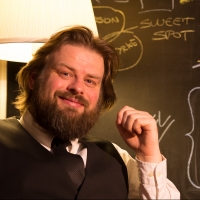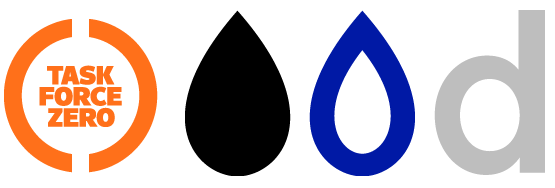
-
Michael Andersen
Throughout my career 3 themes has been the driving passion 1) psychology 2) leadership and 3) business-acumen. It has therefor been natural for me to study business and organizational psychology in business-oriented schools like HARVARD and INSEAD and combine that with innovative ways of working with leadership, high-performance, business development and business-acumen. The understanding and combining of the clinical perspective as well as the business perspective has, in my believe, been where I have added the most value in the process of moving Bunker Holding from 18 bill. USD to 62 bill. USD in turnover in 7 years, without letting go of the company’s core values.
As an American Psychological Association (APA) international affiliated clinician/psychologist (membership # 3506-9079) I have worked with a clinical psychodynamic approach to business development and high performance world wide having companies, high-end executives, and award-winning actors as clients. This has given me indebt knowledge on the driving forces within high-performers.
As a result of my special interest in High Performance, business development and business-acumen I did my INSEAD Master Thesis on -the influence of shame, vulnerability and self-esteem in sustainable high-performance.
As my education and skills has unfolded to the one I am today, doors as external associated professor at universities in- and outside of Denmark has opened as well as assignments as keynote speaker at conferences and award-ceremonies.-
20:00 - 20:30 Dinner Speaker: The truth about cooperation (if we really need the cooperation to work)
-
